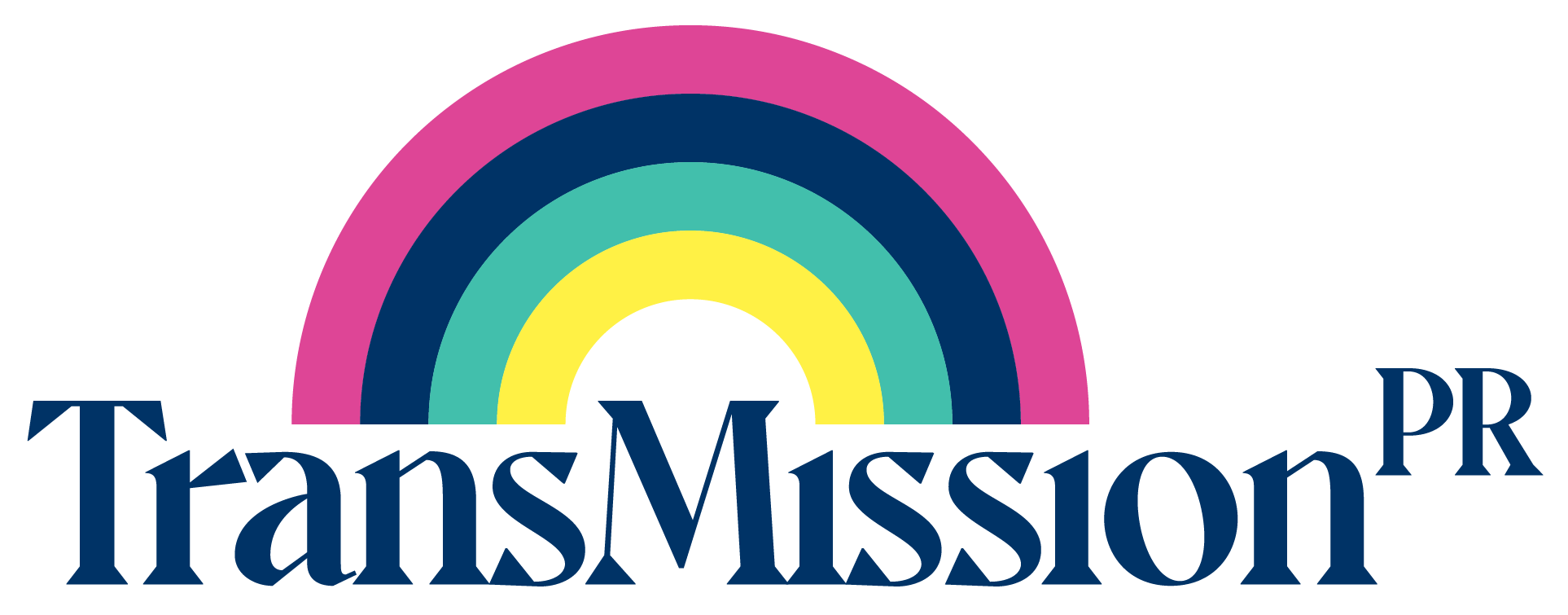
02 Jan Five ways allies can support trans colleagues when they come out in the workplace
By Louis Millington.
As trans and non-binary people become increasingly visible and the language surrounding them enters the mainstream, more and more people are feeling comfortable enough to transition. However, many are also facing a fair amount of resistance in the workplace. Most places of business lack the understanding and experience to create a suitably welcoming and inclusive environment for newly-out trans and non-binary employees.
According to a study by Stonewall:
- 1 in 3 UK employers say they would be less likely to hire a trans person
- 1 in 8 British trans people have been physically attacked at work and
- half of trans people hide the fact that they are trans at work
As allies, it’s our responsibility to build that environment ourselves, so that everyone feels comfortable and safe being themselves at work.
Here are five ways to support your trans and non-binary colleagues when they come out in the workplace.
1. Use inclusive language
The first step towards helping your trans and non-binary colleagues feel accepted is to identify and use the correct pronouns. It’s not hard! With a little conscious effort, it will become second nature. Using the correct pronouns will show them that you’re thinking about how they’re feeling, and that you respect them for who they are.
It’s a good idea to ask your trans and non-binary colleages whether they would like you to correct other people who use the wrong pronouns. Once you know their preference, make sure to handle the situation non-confrontationally, and lead by example.
It also helps to scrap cis-normative terms from company communications. Before you send something out, take a moment to think about how it might feel to read if you were trans or non-binary. For example, starting an email with “ladies and gentlemen” clearly excludes non-binary people. Try gender-neutral terms like “colleagues” or “friends” instead.
Avoid slurs and derogatory language at all costs. In instances like this, it’s important to challenge their use, and report it to your superiors. If you’re in a position to, implement and reinforce zero-tolerance policies for abuse. If you’re not, ask your supervisor to create one.
2. Don’t draw attention or ask invasive questions
It can be tempting to ask probing questions of your newly-out trans or non-binary colleague, particularly if you don’t know many – or any – other trans or non-binary people. These questions often come from an innocent place, and a genuine desire to understand. But the truth is, your colleague’s gender, sexuality, body and manner of dress are their business. Even if they seem innocuous, questions of this nature are deeply personal, and can draw unwanted attention to your colleague. If you’re curious, you could always do your own research!
3. Learn and understand
The first step towards acceptance is understanding, and understanding requires education. The best way to do this is with company-mandated diversity training initiatives. If you’re in a position to, creating an initiative like this is a great way to get everyone on the same page. Hire trans or non-binary people to give the training, where possible; no-one has a better understanding of the issues, and you’d be supporting the community and demonstrating a commitment to diversity.
If those facilities are unavailable, ask your supervisor to look into creating them. Then, take the initiative! There are plenty of ways to educate yourself, from books and TV programmes to the internet.
Just make sure you’re not putting the burden of that education on the same trans employees you’re working to accommodate.
4. Push to make the space itself trans-friendly
Most workplaces are, unfortunately, not created with trans and non-binary people in mind. If you want your trans and non-binary colleagues to feel welcome and safe to express themselves, it’s important to change that. Good first steps include creating gender-neutral bathrooms and abolishing strict dress codes that enforce the gender binary.
Workplace policy should support trans and non-binary people too. Things like mentoring programmes, financial assistance for medication and surgery, and paid leave for mental health and recovery are helpful. As with the suggestions above, if you’re not in a position to establish these yourself, you can always ask your supervisor.
5. Remember, mistakes happen
We’ve all made mistakes. Unless you’re a superhuman, you’re likely to make them too. What’s important is how we handle those slip-ups. Don’t make a big deal out of it – briefly apologise, correct your mistake and move on. Moving on is particularly important; don’t place the burden on your colleague to manage your feelings by pushing them to forgive you.
Trans and non-binary people can usually tell the difference between genuine mistakes and deliberate slights. As long as you are making a genuine effort to change, you’ll do fine.
Armed with these dos and don’ts, you’ll be able to transform your workplace into an inclusive, kind and welcoming space, where your trans and non-binary colleagues feel comfortable being themselves.
Want to know more about how you or your organisation can support your trans colleagues? Get in touch.
Louis Millington is a writer and editor based in Norwich, England. He is part of the LGBT+ community and a passionate supporter of trans rights.
- You Don’t Have to be Trans to Empathise with a Trans Person - January 4, 2022
- Five ways allies can support trans colleagues when they come out in the workplace - January 2, 2022
- Trans Awareness: Five Important Dates for your Diary - January 1, 2022


